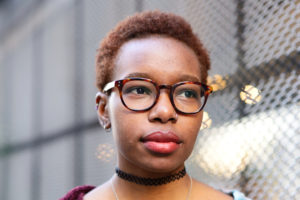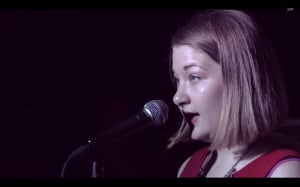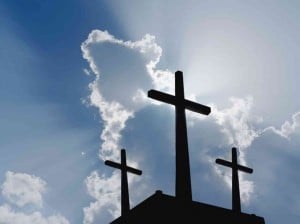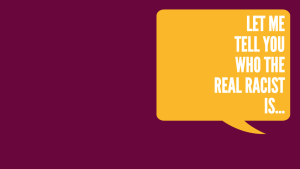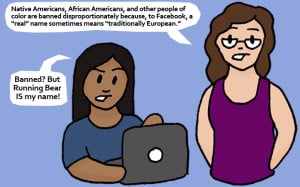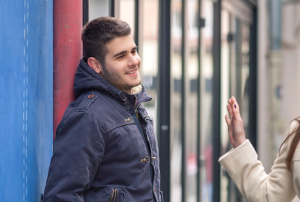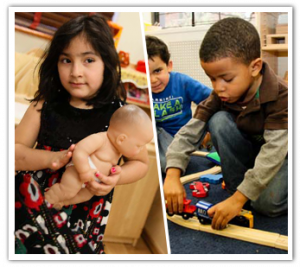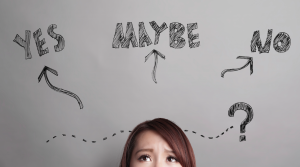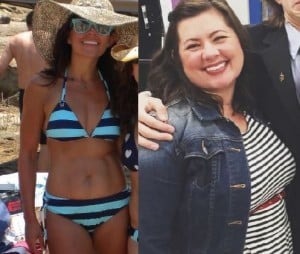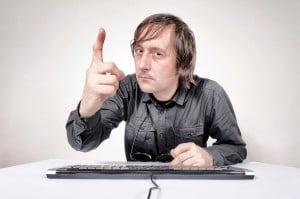I can’t talk about my family tree without mentioning how many shiny badges are attached to the branches.
Since before I can remember, I have been referred to as “the cop’s daughter,” and with the societal identifier came assumptions that I was above the law or ready to defend any and all actions taken by police, even beyond my parents and stepparents.
When I first learned about the Rodney King beating in school, I was outraged by the acquittal of three of the officers, but I didn’t have the “right” to feel that way, according to my fellow peers, especially my white classmates.
The cops got off and I should have been happy because any one of them could have been my parents. This couldn’t be any further from the truth.
Having parents, black parents at that, who shared the same profession, didn’t mean I was unable to comprehend the obvious misuse of force in this case and those that followed as I came of age.
I am counted out of the conversation about police violence before I can even give an opinion because it’s presumed that I’m biased.
I’ve followed the Black Lives Matter movement and its fight for justice since the hashtag appeared in my social media feeds almost five years ago and I am constantly asked how this aligns with my upbringing.
Do I get offended when people refer to officers as “pigs” or “donut eaters”? Of course, but I am also disheartened by the fact that there were over 900 people fatally shot by the police in 2017, according to the Washington Post.
I can’t change what my parents do and I wouldn’t want to, but let me tell you more about why I’m such a supporter of this movement in spite of their career paths. You never know, you might run into a cop’s kid with identical activism and you won’t second-guess their motives.
1. The Black Lives Matter movement isn’t solely about police violence in the black community.
Trayvon Martin was killed in 2012, his murderer was acquitted and in response organizers, Alicia Garza, Patrisse Khan-Cullors, and Opal Tomati created the powerful and transcendent #BlackLivesMatter project. While the movement has fought against the wrongdoings of police, that’s not how it started and it’s not the only reason it’s still relevant.
It was Trayvon Martin’s case and the way it was framed in the media that focused my attention to the efforts of the movement. I could not understand how a boy, only a couple years older than my little brother, could be murdered and his parents received no justice or closure in return.
I couldn’t find the words to describe the sense of utter disregard for the safety of black people, but the phrase “black lives matter” and the uproar that accompanied it, renewed my voice and directed me towards actions that could catalyze change.
2. Policing is a profession, not a genetic trait.
By now, especially the millennial generation, should know that you are in no way expected to hold the same jobs as your parents. I was born into a family of officers by chance, but it doesn’t guide my decision or perceptions of injustice.
3. My parents are old school—not trigger happy robots.
My parents have been officers since the early 90s. The best stories I can recall from my father are the ones where he added a layer of humanity and equality to the badge.
Working the streets of Baltimore, he’d have many altercations where people he was taking into custody said he wouldn’t be anything without a gun and a badge. In an attempt to even the playing field, he’d hand his gun holster to his partner and apprehend the person man-to-man, no guns or mace.
It was reckless and scrappy on his end, but ultimately, his actions invoked a sense of respect, even from the people he arrested.
I can’t be guilted into having sympathy for all officers. They resort to overly superior demeanors, actions, and promote a “shoot first and ask questions last” culture.
4. The Movement for Black Lives promotes healing justice in black communities
”Our healing brings us into new kinds of relationships with one another,” writes former Healing Justice Director at Black Lives Matter Global Network, Prentis Hemphill. At least 97% of incidents involving police killings do not end with indictment. When these cases occur in the black community, there is little hope that justice will be served.
These murders shatter the community and layer wounds over barely healed scars—with little to no peace in between.
These victims can not be brought back, but healing justice allows the community left behind to receive closure and draw together as a unit.
5. Supporting the #BlackLivesMatter Movement doesn’t mean you hate cops.
The National Law Enforcement Officers Memorial Fund reports that approximately 151 law enforcement officers die per year. Since the year BLM surfaced and to date, there haven’t been any officer fatalities linked to the existence of the organization.
It’s not a hate group and I am sure a majority of advocates do not go around cursing every police officer they see or encounter. Both the movement and police officers can and should be supported in order for any prevalent change to occur.
I have been the kid staying up late, waiting for my mother’s patrol car to pull into the driveway to ensure she safely made it home from a shift. I am also the worried civilian scared for black family and friends who are instantly perceived as a threat to the people who took an oath to protect and serve.
[do_widget id=’text-101′]
My name is Jasmine like the rice, not the flower. Tacos and dogs make my world go round. Oh, and Edgar Allan Poe is my spirit animal.
Search our 3000+ articles!
Read our articles about:
Our online racial justice training
Used by hundreds of universities, non-profits, and businesses.
Click to learn more
Most Read Articles
- « Previous
- 1
- …
- 30
- 31
- 32


